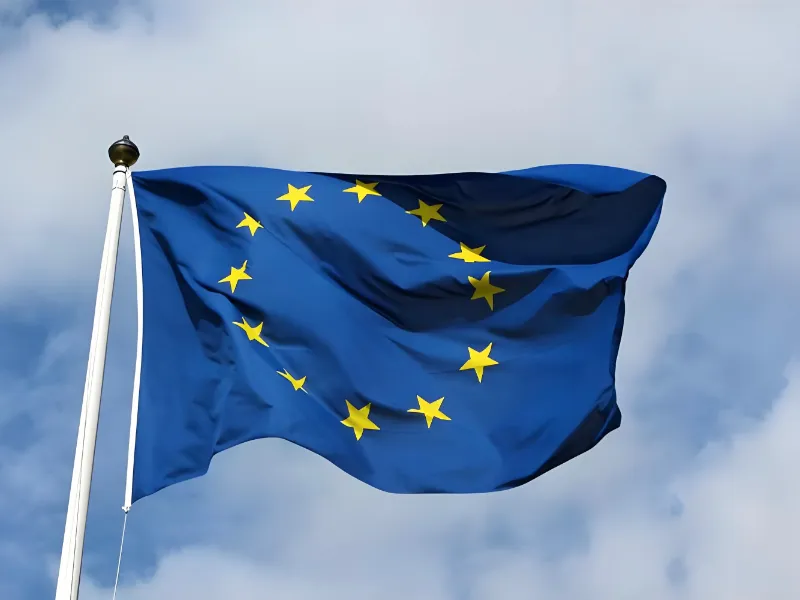- EU antitrust regulators asks industry players whether Google’s deal with Samsung to AI is hampering rival chatbots on Samsung’s smartphones.
- If EU antitrust enforcers find any anti-competitive conduct, this could help the EU antitrust enforcers bring cases against the companies.
OUR TAKE
EU Competition Commissioner Margrethe Vestager sent questionnaires in March to Microsoft, Google, Meta, Facebook, TikTok, and other large tech companies involved in AI collaboration. Previously, Microsoft’s partnership with OpenAI sidestepped EU merger rules, and she expressed concern that big tech companies were preventing smaller AI developers from reaching users and businesses.
–Zora Lin, BTW reporter
What happened
EU antitrust regulators are asking industry players whether Google‘s multi-year deal with Samsung to generate AI will hinder chatbot rivals on Samsung’s smartphones, according to an EU document seen by Reuters.
European Commission says last month it ask for information to better understand the impact of the deal, which enables Samsung to embed Google’s Gemini Nano in its Galaxy S24 series smartphones.
The questionnaire asks whether pre-installation of Gemini Nano via device or cloud limits the number of other generative AI systems that may be pre-installed on the same device.
Regulators also want to know if pre-installing Gemini Nano will limit interoperability between other chatbots and apps pre-installed on Samsung smartphones.
Respondents are asked if they have tried and failed to reach an agreement with a device manufacturer to pre-install a chatbot, and details the reasons for their refusal.
Also read: EU accuses Meta of violating digital competition rules
Also read: Apple opens tap-and-go payments to rivals amid EU scrutiny
Why it’s important
EU antitrust regulators are concerned about whether Google’s agreement with Samsung will limit the opportunities for other generative AI systems to compete on Samsung’s smartphones. This reflects the regulator’s concern that large technology companies restrict market competition through exclusive agreements or partnerships, and its mission to maintain fair competition.
The move will help EU antitrust enforcers bring cases against these companies if they find any anti-competitive behavior, safeguarding the rights of small AI developers to access users and businesses.
Besides, it highlights global regulators’ unease with big tech companies using their dominance in new technologies, which also reflects the companies’ market power in other areas.

